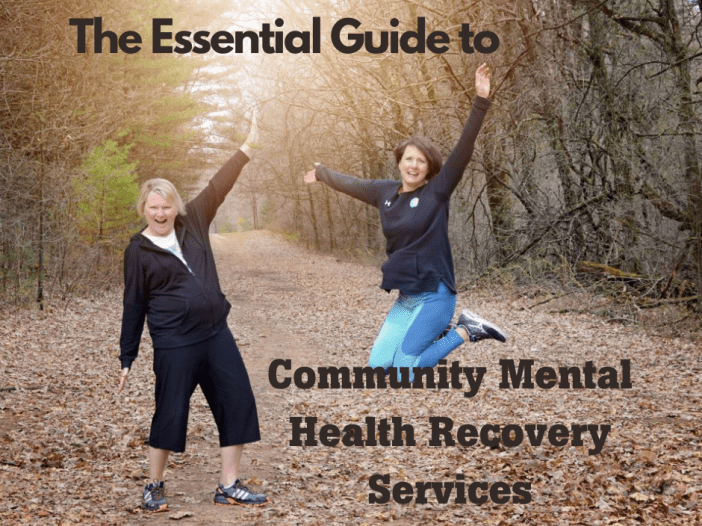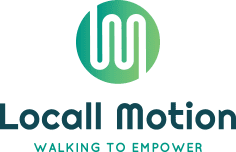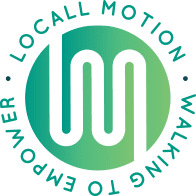
As social workers, therapists, and community members who focus on community mental health recovery service, we are often presented with complex challenges that can be daunting to navigate alone.
That’s why having access to mental health support services is crucial to supporting an individual’s overall recovery in partnership with the person who is receiving the support.
Together, let’s work towards expanding our collective capacity in providing accessible, effective, and meaningful mental health resources in our local communities with traditional and non-traditional services.
What do community mental health teams do?
A team approach to mental illness is essential and appropriate to make sure all of the participant’s mental health, medical, and social needs are met. This is especially important for those living with severe mental illnesses, such as schizophrenia. The team is person-centered as they have a voice to say who they want invited to support them in their recovery process. Members of the team are both formal and informal supports such as doctors (medical and/or mental health), social workers, therapists, family members, and friends.
What is community mental health services?
Community mental health teams (CMHTs) provide vital support to people with mental health conditions. They offer assessment, care planning, and treatment to people who are experiencing mental health difficulties. CMHTs also provide support to carers and families.
What is a mental health recovery team?
Mental health teams offer prevention services and recovery-focused care to support individuals with mental illness reach their recovery goals. The members of mental health teams typically include psychiatrists, nurses, counselors, social workers, outreach workers, and peer support specialists who can assess the needs of the client and create a personalized treatment plan. This approach to mental health aims to empower those living with a mental illness by teaching them the necessary skills and providing resources for long-term stability and recovery.
What services do mental health services provide?
Mental health teams offer a range of specialized services tailored to each individual’s recovery needs such as prevention services that may reduce the likelihood of relapse, traditional therapy such as cognitive behavioral therapy, crisis intervention, and alternative interventions to address the individual’s mental health needs. In addition, the team could provide assistance with housing, developing social networks, engaging in meaningful activities, managing finances, and accessing community resources. Mental health teams strive to empower people to get back on track and lead purposeful lives.
What are the three forms of treatment for depression?
Depression is quite treatable and most people see improvements in their symptoms utilizing psychotherapy, medication, or a combination of the two. Please note, what works for one person may not necessarily work for another.
Three forms of treatment: 1) Psychotherapy: referred to as “talk therapy;” 2) Cognitive Behavioral Therapy (CBT): a form of talk therapy designed to help the individual change negative thoughts or behavior patterns that may be contributing to or worsening their depression; 3) Social Skills Training: teaches an individual how to interact with others more effectively so they can develop and have healthy relationships.
What are the benefits of mental health services?
Making the most of community mental health recovery service starts with understanding what these services offer. Mental health teams provide support for those living with a mental illness by offering access to prevention services to aid in their recovery. Connecting individuals to mental health resources and services is an essential step in the recovery journey. Those who receive the benefits from mental health services will be best prepared for positive outcomes towards improved physical, emotional, and overall well-being.
Locall Motion supports community members, social workers, and therapists, in the Chippewa Valley and the greater Eau Claire, WI area with an active, non-traditional intervention to support recovery and healing through walking and talking. Contact Locall Motion today to support your participants!


